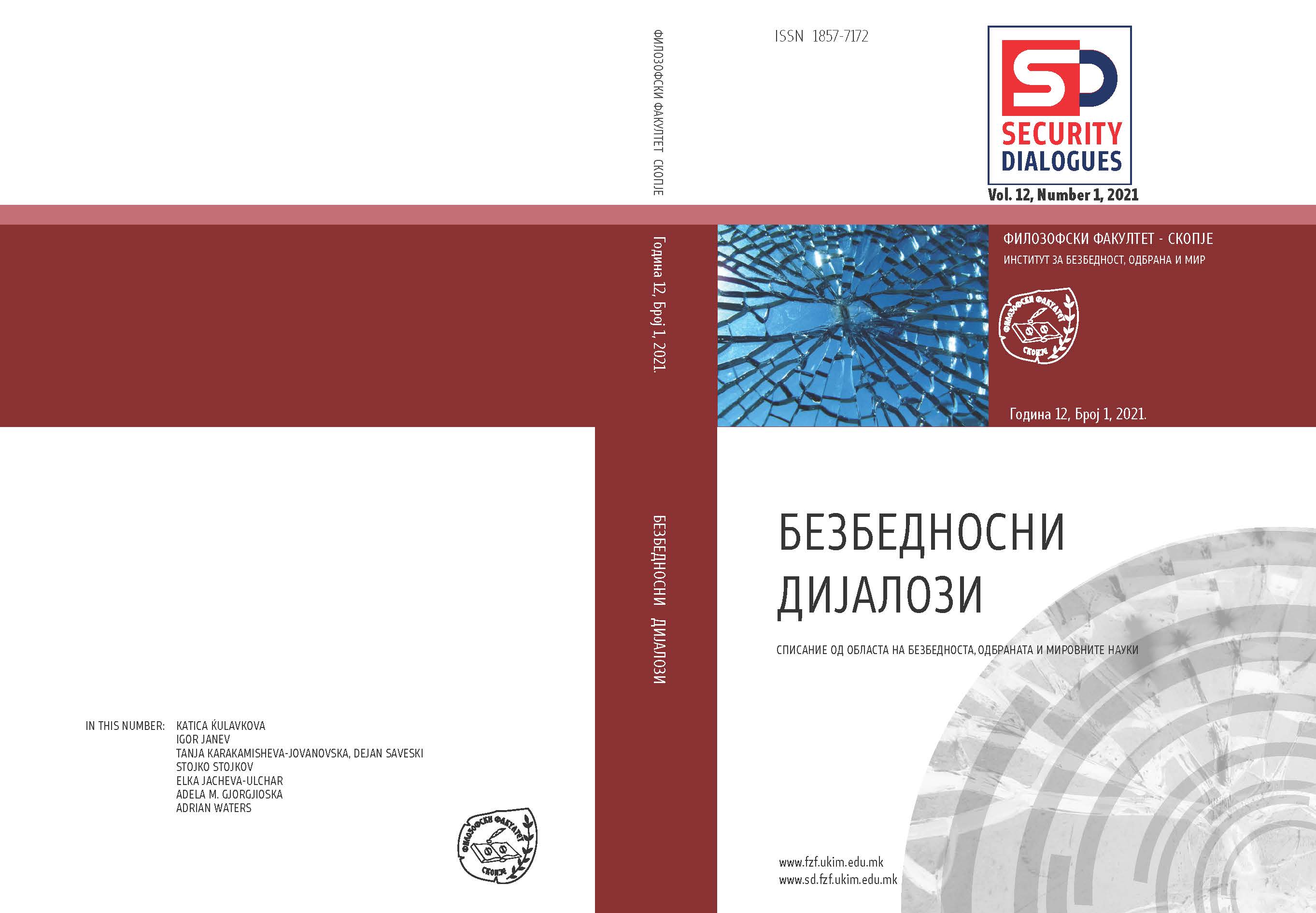The impact of EU state-building policies on the democratization process in Macedonia - a realist analysis
The impact of EU state-building policies on the democratization process in Macedonia - a realist analysis
Author(s): Adrian WatersSubject(s): Politics / Political Sciences
Published by: Филозофски факултет, Универзитет "св. Кирил и Методиј"
Keywords: Macedonia;European Union;state-building;democratization;
Summary/Abstract: From the early 2000s onwards the EU has embarked on becoming a major state-building actor in the Balkans so that the countries in the region could establish functioning democratic institutions and eventually become member states themselves. One such country is Macedonia, which has so far experienced various stages of state-building involving intervention from the EU in its domestic affairs. This research article assesses the impact of EU state-building policies on its democratization process from the republic’s independence in 1991 to the present day after its constitutional name was changed to North Macedonia. In order to do so, it examines the three different phases of EU state-building in Macedonia (1991-2001, 2001-2015, 2015-today) using realism as a theoretical approach to analyze events, trends, and how the EU and the Macedonian political leadership interact with each other. The findings reveal that the EU’s line towards the young state was mainly shaped by security and geopolitical interests rather than normative or idealistic concepts of European integration. Macedonia’s behaviour can be described as an example of bandwagoning, i.e. aligning with the stronger powers as a means of acquiring benefits. However, the findings of this article suggest that Macedonia has not gained any substantial advantages from its alignment with the EU. This has resulted in a democratic backsliding that turned the country into a hybrid regime that currently does not have a realistic accession prospect due to disputes imposed by its neighbours and differences among EU member states about the future ofenlargement.
Journal: Bezbednosni dijalozi
- Issue Year: 12/2021
- Issue No: 1
- Page Range: 97-118
- Page Count: 21
- Language: English

